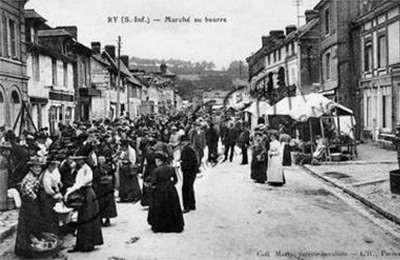Happy are they who don’t doubt themselves and whose pens fly across the page. I myself hesitate, I falter, I become angry and fearful, my drive diminishes as my taste improves, and I brood more over an ill-suited word than I rejoice over a well-proportioned paragraph.
Gustave Flaubert, letter to Maxime du Camp, October 1847





